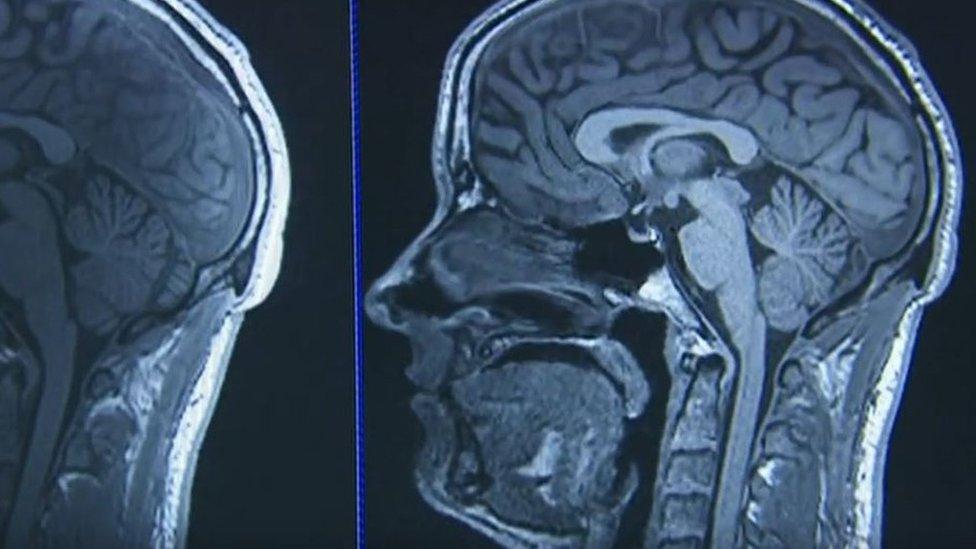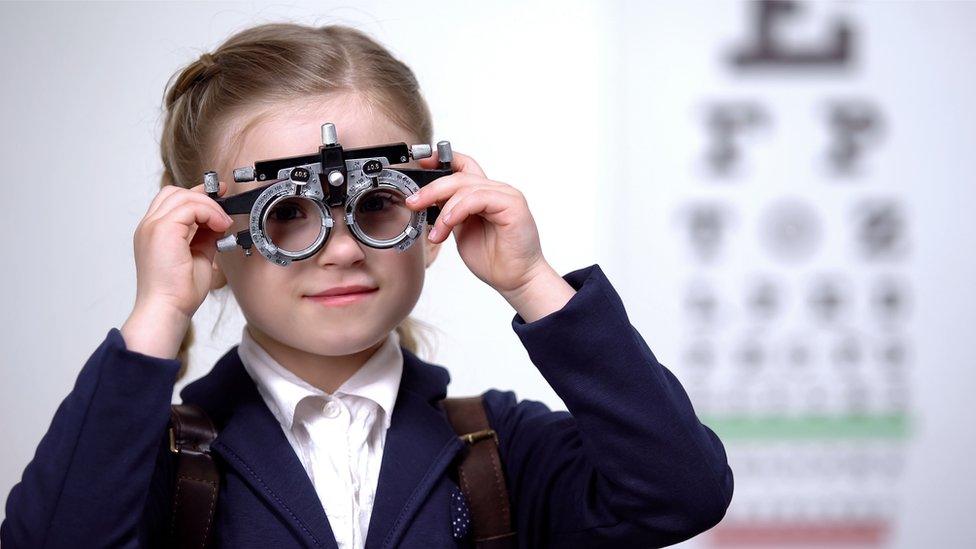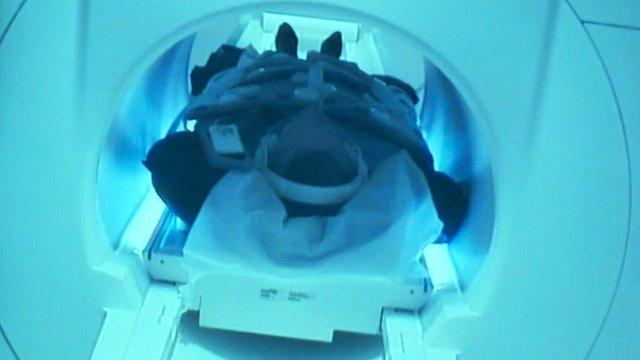Bristol Biobank volunteers scanned to improve healthcare
- Published

Some 43,000 of the original Biobank volunteers from the greater Bristol area will be invited to be scanned
A new health research centre in Bristol aims to find out why some people get diseases such as dementia and cancer while others do not.
Participants at the laboratory, at Patchway, near Bristol, are to have their brain, heart, bones, carotid arteries and abdominal fat scanned
It is part of the Biobank project which was set up in 2006.
It aims to create an "extra layer" of health data to help scientists improve treatments of a wide range of diseases.
This data is cross-referenced with the volunteers' genetics, lifestyle and cognitive functions.
Some 43,000 people from the greater Bristol area contributed to the first phase of the UK Biobank project in 2008.
'Not a health MOT'
They attended an assessment centre in central Bristol where they were weighed, measured and questioned about their health and provided a blood sample for genetic analysis.
The wider £50m project involves scanning 100,000 participants aged between 40-69 years from a bank of 500,00 in the UK.
Nearly 50,000 people have already undergone the four-hour assessment at centres in Reading, Cheadle and Newcastle.
The new centre in Patchway will support the work of three other centres across the country and existing volunteers will be eligible to be scanned.
While the scans are not a "health MOT" any potentially serious abnormality found is referred to a radiologist.
If the radiologist agrees that the finding is potentially serious, that information is fed back to the participant and their GP for follow up.
- Published15 November 2019

- Published29 August 2019

- Published6 May 2014
